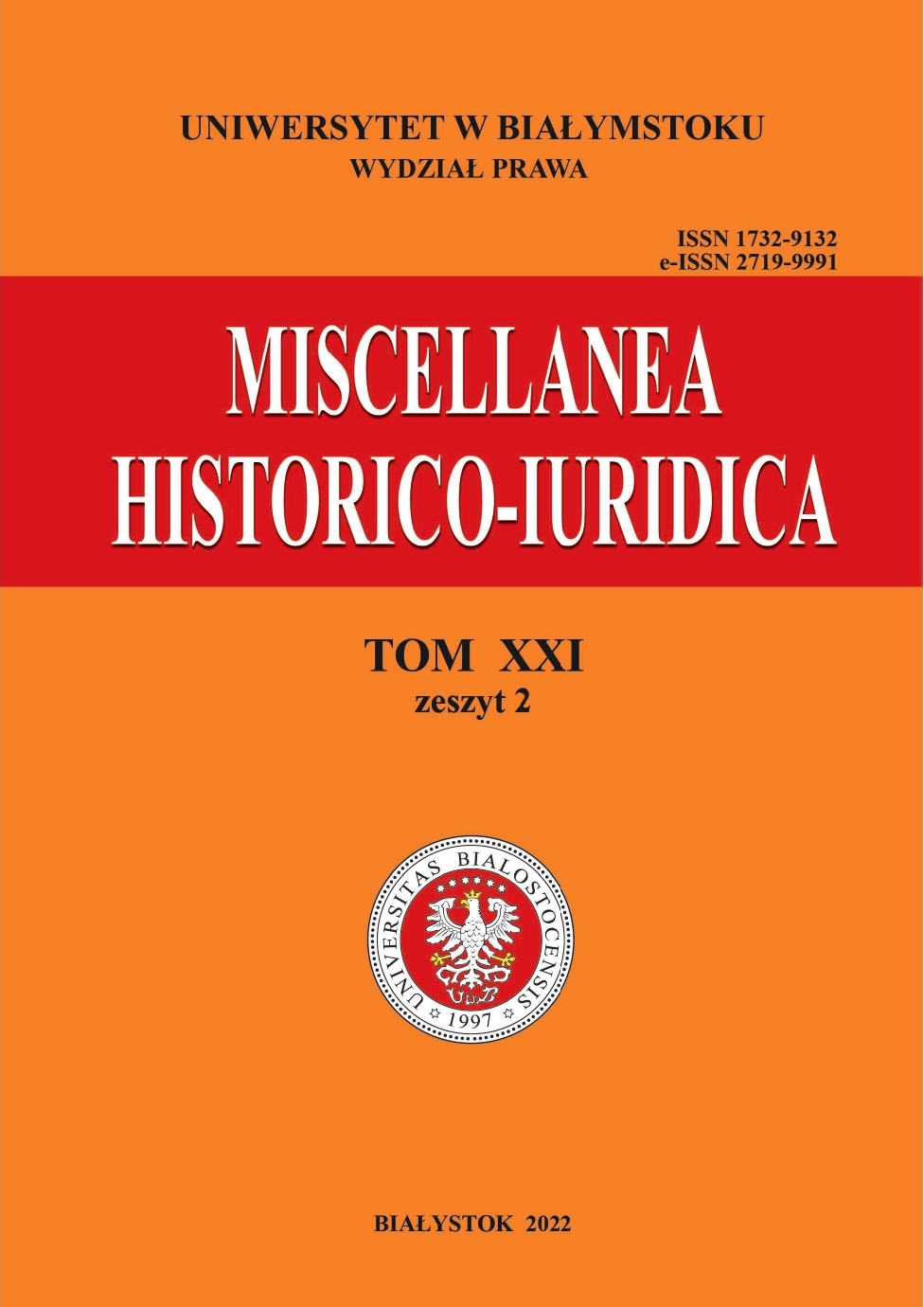People Who Could Not Keep Silent. The Founding Fathers of Whistleblowing
Ключевые слова:
whistleblower, history of whistleblowers, compliance, informing, whistleblowing proceduresАннотация
The dilemma between loyalty to an organization and exposing irregularities within it has been observed since 1777, when whistleblowing activities were first documented, when ten sailors affected by mistreatment and feelings of injustice decided to report these irregularities to the most powerful commander in the Continental Navy, Esek Hopkins. Since then, there have been many examples of whistleblowing in the US. Each whistleblower, acted in the name of the greater good, often risking his or her name, reputation and even his or her family’s safety. The first reports were unique because no one knew the institution of whistleblowers, and their activities were often synonymous with denunciation and lack of loyalty to the employer. Over time, attitudes began to change, regulations began to emerge to protect whistleblowers, and even organizations began to stand up to protect their rights. Instead of condemnation, their attitude began to be met with admiration and approval. Whistleblowers began to be rewarded for their activity. Whistleblowing is beginning to become the norm and standard of a democratic state of law. It is understood that a well-built compliance policy, transparent and clear operating rules play a huge role in the success of an organization. A brief presentation of selected stories of whistleblowers is intended to give an idea of the development of this institution. The research methodology used in this article primarily involves the historical-descriptive method.
Библиографические ссылки
Apaza C., Whistleblowing and the Federal Employee: Effective Legal Protection, Open Communication and Organizational Attitude. PA Times, ASPA. Special Section, 2008.
Baran B., Ożóg M. (red.), Ochrona Sygnalistów. Regulacje dotyczące osób zgłaszających nieprawidłowości, Warszawa 2021.
Ceva E., Bocchiola M., Is Whistleblowing a Duty?, Cambridge 2019.
Jubb P.B., Whistleblowing: A Restrictive Definition and Interpretation, Journal of Business Ethics, Springer 1999.
Makowski G., Waszak M. (red.), Sygnaliści w Polsce okiem pracodawców i związków zawodowych, Warszawa 2016.
Sieradzka M., UE nakazuje chronić sygnalistów, Komentarz praktyczny, Lex/el.
Tokarczyk D., Whistleblowing i wewnętrzne postepowania wyjaśniające, Warszawa 2020.
A Timeline of U.S. Whistleblowing, https://www.employmentlawgroup.com/timeline-us-whistleblowing/.
Historia prawa chroniąca sygnalistów, https://sygnalista24.info/historia-prawa-chroniaca-sygnalistow/.
Skąd się wzięli sygnaliści? – czyli krótka historia o idei whistleblowing, https://abd-group.pl/skad-sie-wzieli-sygnalisci-czyli-krotka-historia-o-idei-whistleblowing/.
Загрузки
Опубликован
Выпуск
Раздел
Лицензия
Copyright (c) 2022 Uniwersytet w Białymstoku (публикация в целом); Magdalena Kun-Buczko (статья)

Это произведение доступно по лицензии Creative Commons «Attribution-ShareAlike» («Атрибуция — На тех же условиях») 4.0 Всемирная.







